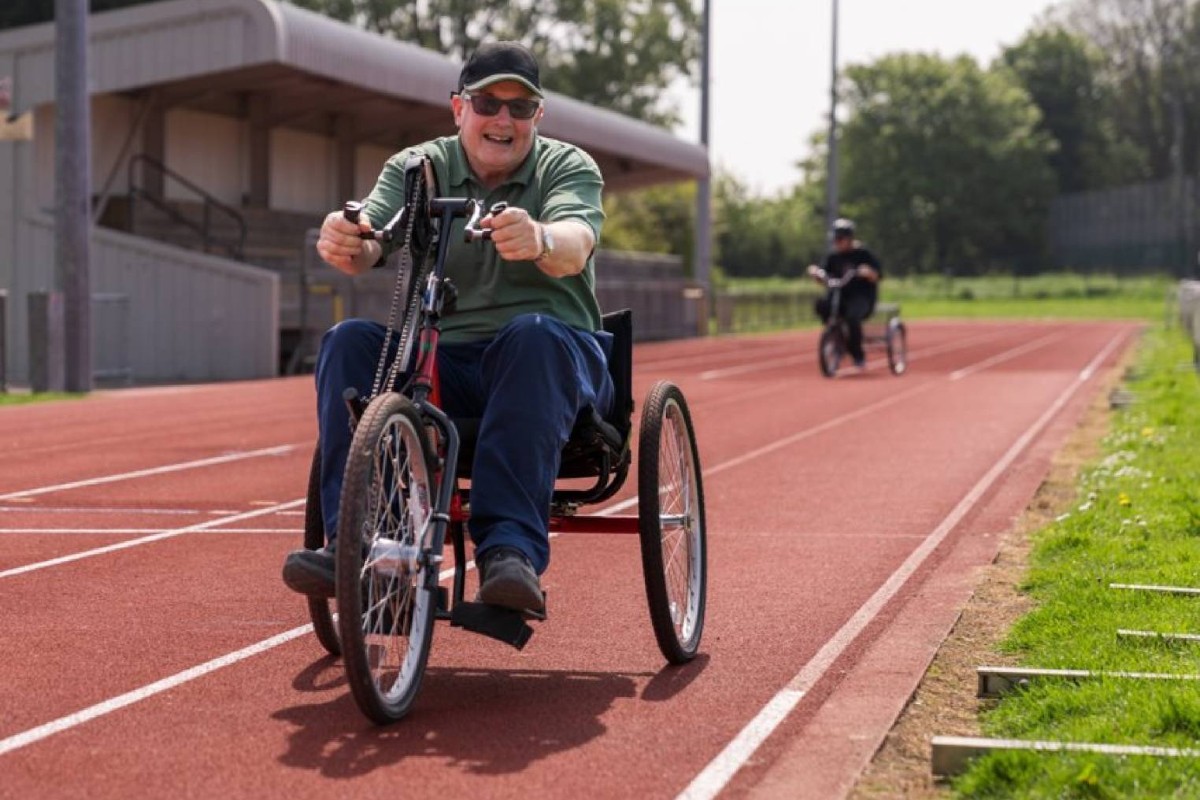EEAST had proposed introducing team-based working, which would have involved new rotas, and there were concerns that it would potentially eradicate long-term working relationships and see staff moved to different ambulance stations.
GMB, which has more than 1,500 members working for the trust, said the changes would have had a ‘major impact' on work-life balance and risked discriminating against people with caring responsibilities, as well as those with disabilities.
Union members also raised concerns that the proposals had not been communicated properly to staff and could have a detrimental impact on patients and the public.
GMB challenged the proposals both informally and through a formal ACAS process, but these ended without resolution.
The newly appointed chief executive, Neill Moloney, agreed to scrap team-based working, averting looming strikes which would have impacted the Christmas period.
Donna Thomas, GMB regional NHS organiser, said: ‘It is a breath of fresh air that, after five years of declining culture within the EEAST, Neill Moloney has decided to take a different approach.
‘He has listened to the workforce and shown he cares for their welfare more than statistics. GMB looks forward to working with him to improve the well-being of our members, which will positively impact patient care.'
In response, Moloney said: 'We've agreed with our unions to work together to solve the key challenges our staff have raised. These include better access to line managers, stronger clinical training, and more predictable shift patterns. These are real and pressing needs, and we're committed to addressing them.
‘The proposal for team-based working aligned managers and their teams on the same shifts to improve support, time for training and team development. From the outset, we committed to honouring existing and providing new flexible working arrangements.
‘We have listened to feedback and will look at a new proposal in the new year, co-designed with our colleagues, that protects existing flexible working arrangements and aims to minimise disruption to personal lives. This will be part of an ongoing, open dialogue with our staff to create a lasting solution.'



